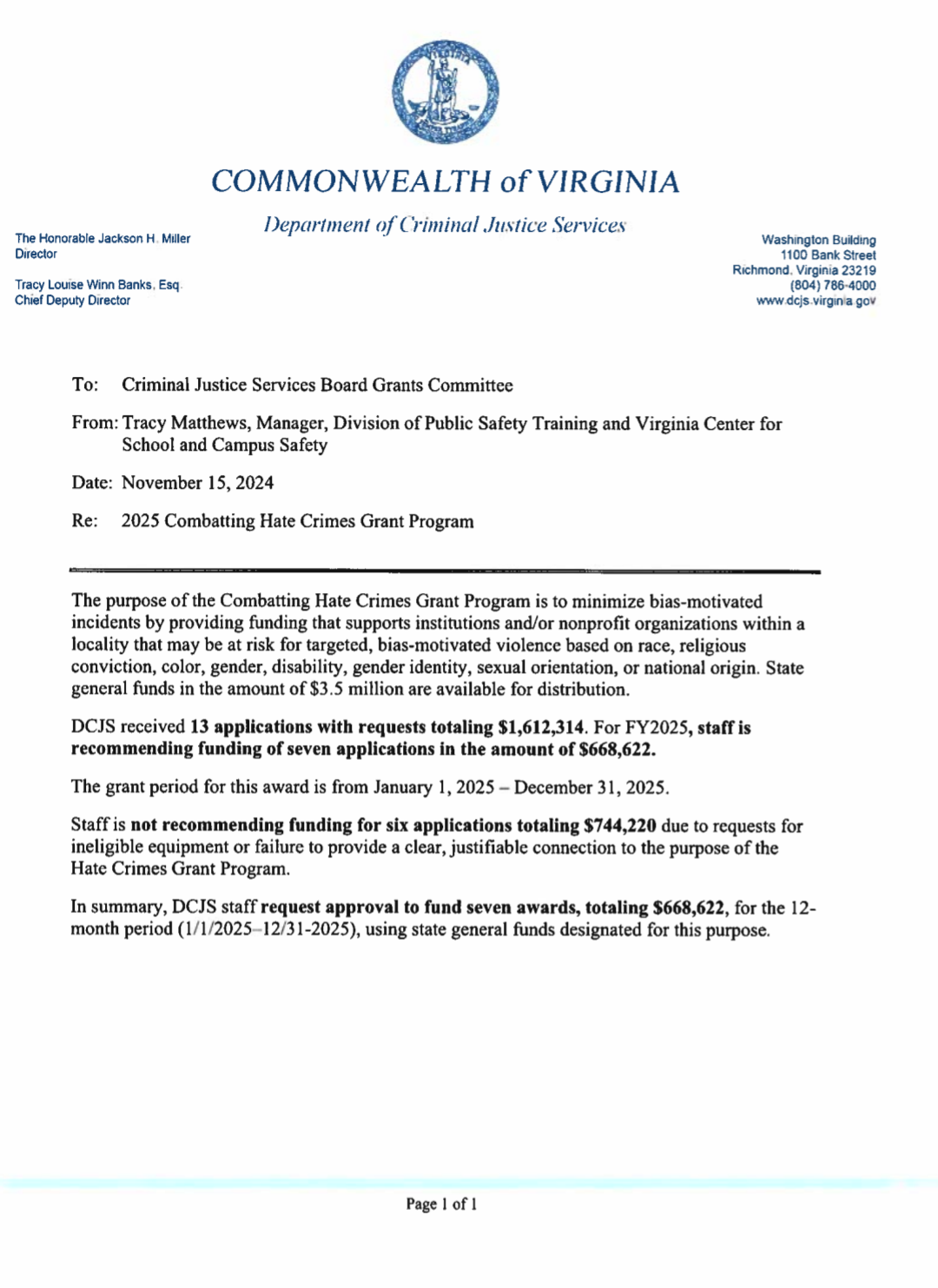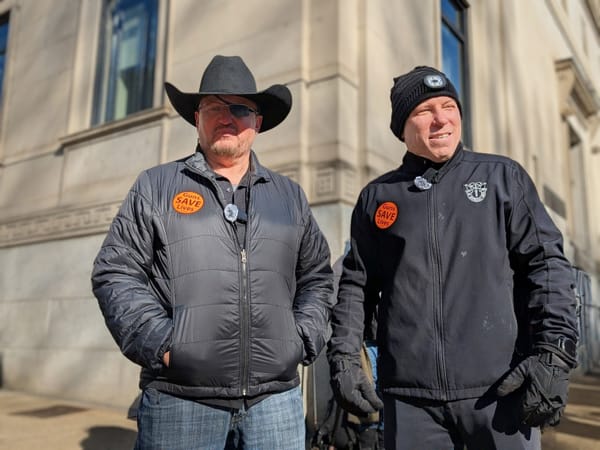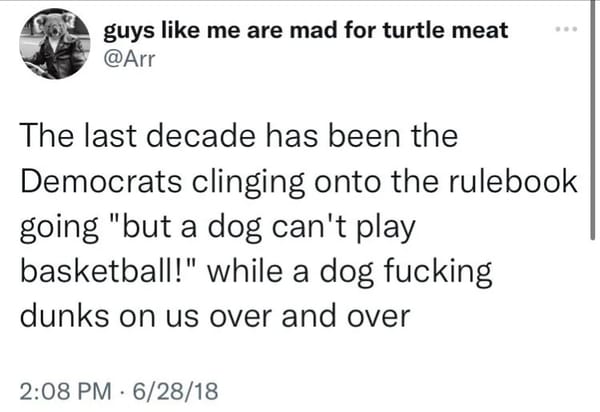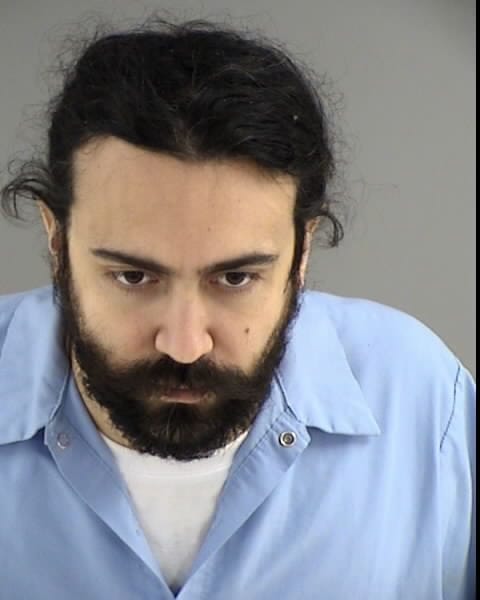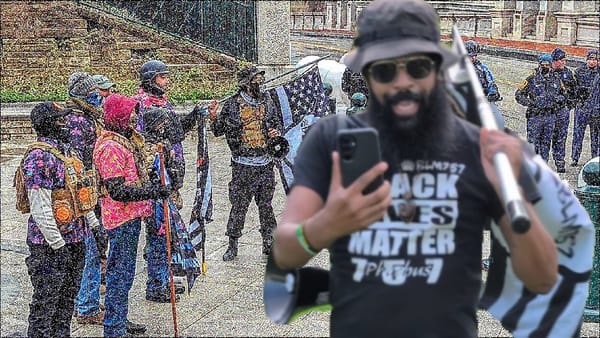A Look at Hate Crimes Grants
A list of grants awarded to location law enforcement agencies in Virginia.
Emphasis on tackling hate crimes has been on the rise with officials in Virginia taking it more seriously. Like with the Commision to Combat Anti-Semitism, it is crosses the worlds of physically protecting people and demonizing anti-Zionist protestors. Virginia has been awarding grants to police and sheriff’s departments with the intent of supporting nonprofits and institutions within those local governments.
Tracking hate crimes have been proven difficult. As the Southern Poverty Law Center notes, hate crime data is incomplete due to law enforcement agencies inability and unwillingness to report to the FBI. In Virginia, all hate crimes should be reported to the superintendent of Virginia State Police but that’s still up to local law enforcement to correctly identify incidents of hate crimes.
Addressing these crimes is up to these agencies to take it seriously. Looking at the grant requests is an easy way of glancing at the seriousness of the local law agencies requesting grants.
An example of a successful grant comes from Fairfax County Police Department. FCPD asked for the maximum amount of $150,000 and was awarded in full. What was made public in their request was a brief paragraph. Their request lays out that they will partner with 21 different religious organizations and use those funds to build those organization’s security.
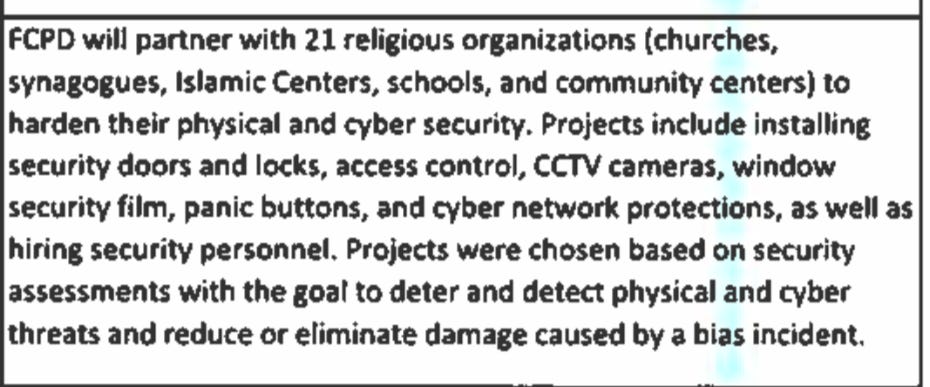
Am example of a law enforcement agency that did not meet the criteria and received no funding comes from Manassas Park. The grant request states that it would be deployed to protect city events from terrorist attacks. While this grant funding cannot be used on vehicles, it is a type of vechicle crowd control.
The surrounding county of Prince William Police Department had a request that was similar to FCPD. Their request also partnered with religious organizations to improve security. This grant did receive their funding.
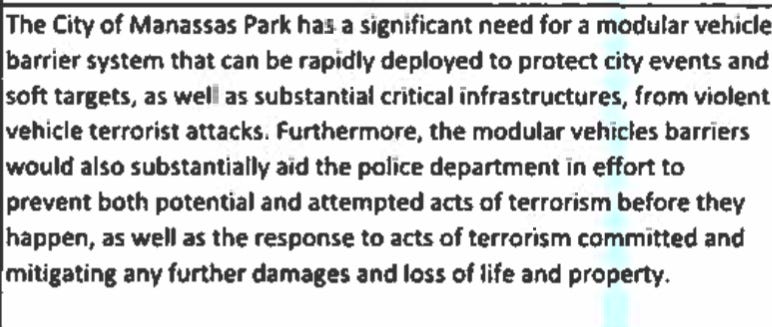

Another rejected grant comes from the Hanover Sheriff. Their plan was to purchase an expensive forensic imaging capturing system. Instead of partnering with communities, HCSO is focused on processing evidence of crimes.
Hanover County has seen a fair share of hate crimes in the news like a racial slur written on a school bus or a swastika on the Mechanicville High School football field. Having more forensic tools and charging the perpetrators might serve as a deterrent but is far away from the scope of these grants.
The real troubling thing with Hanover County is from sending private information to the SPLC designated hate group Alliance Defending Freedom and a transgender student pulled due to harassment.
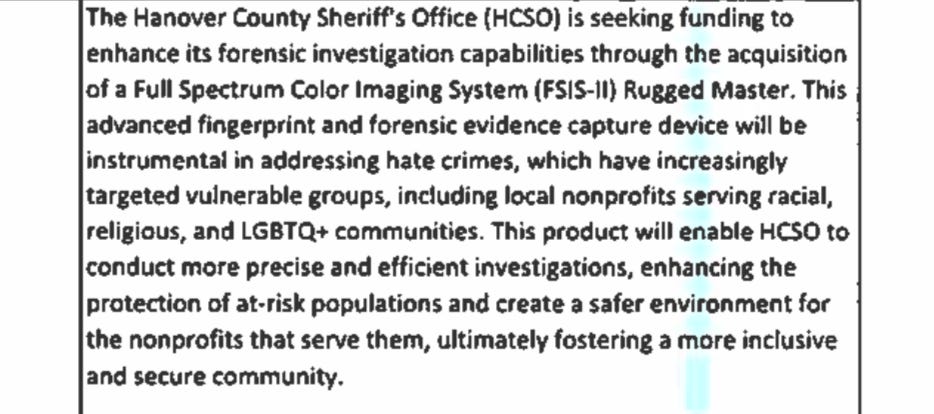
The last example of the rejected grant comes from the Lexington Police Department. Their plan was to purchase a drone and install cameras. Lexington is home to the Virginia Military Institute and Washington and Lee University but the most contentious event comes in January during the former holiday, Lee-Jackson Day. Hundreds of Confederate enthusiasts come to Lexington to celebrate the day no longer recognized in Virginia. Every year the out-of-town rebels hold protests against the city.
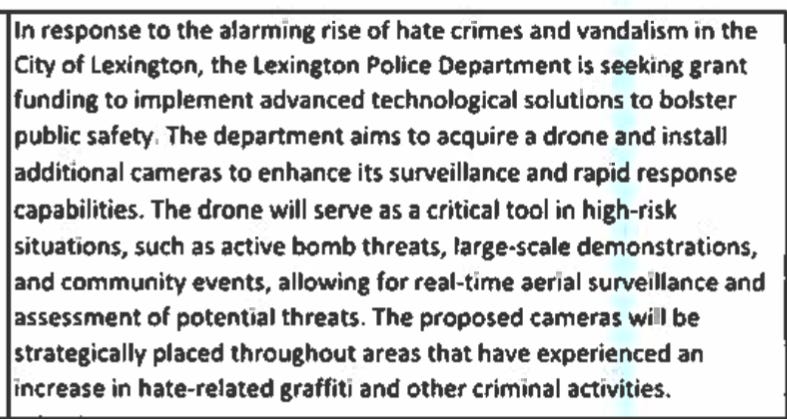
The full document of Hate Crime Grants.
